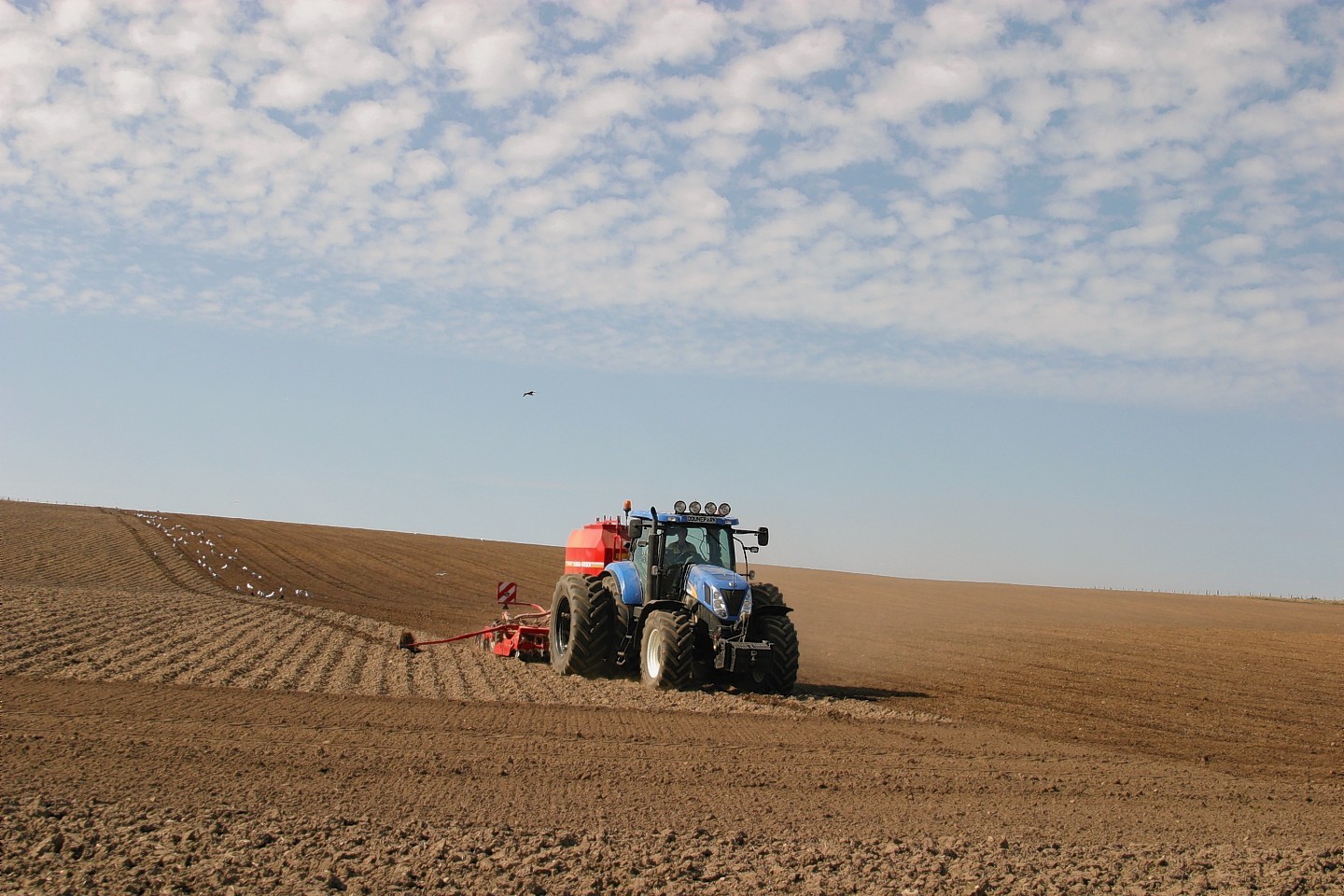Lending to Scottish farm businesses is likely to increase further this year, according to the Royal Bank of Scotland.
Speaking ahead of the Royal Highland Show, which kicks off on Thursday in Ingliston, Edinburgh, RBS agriculture support manager Roddy McLean said Scots farm businesses could borrow up to 5% more in the current financial year.
This follows a 3.2% rise in lending last year to £1.723billion.
Mr McLean said a lot of the borrowing in the current year was being used by farmers “investing for the future” on new technology, buildings, facilities and land.
However, he added: “For some, unfortunately increased borrowing is still being driven by the legacy of 2012 and the awful spring last year to cover ongoing working capital requirements.”
He said it was too soon to assess the likely impact of Common Agricultural Policy (Cap) reform on farm profitability, although the latest farm income figures showed the importance of subsidy support to Scots farming businesses.
“In 2013, Total Income from Farming (TIFF) was £829million with SFP and LFASS payments amounting to £455.9million – reduction in these payments will have a significant impact on profitability,” added Mr McLean.
He praised the Scottish Government for opting for a five-year transition period when moving from historic to area-based payments, and said it would allow businesses time to adjust in an “orderly and well thought through manner”.
“There will undoubtedly be some fairly large hits for some businesses, and it needs time for businesses to make the right decisions,” he added.
He said farmers needed to become more savvy at managing volatility in both the output and inputs sides of their businesses.
“This is not unique to Scottish agriculture, but is a global factor. Successive reforms of the support mechanisms have left Scottish and European farmers more exposed to global prices,” said Mr McLean.
RBS economist Marcus Wright said the bank’s projections suggested the euro to sterling exchange rate was unlikely to see any dramatic movements.
However, he said an increase in interest rates was around the corner, albeit at a gradual rate.
He said: “It is very likely to be a gradual process. And not only that – when the bank rate does rise it is unlikely to return to pre-crisis levels for years.”
Mr McLean added that farmers needed to take interest rates into account when applying for capital finance.
He said: “Come in with robust information to support your funding request to show that it can work now when interest rates are low, but also to show that it can work when rates start ticking up.”
